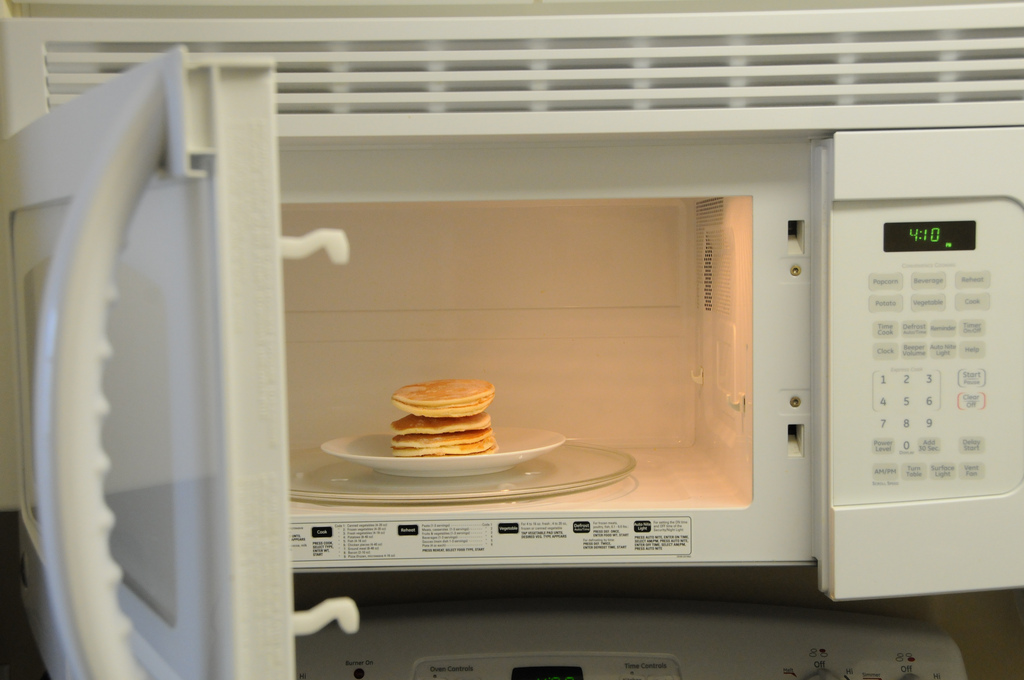We’re all looking for ways to save money and save the environment – even better when you can accomplish both with just a few simple changes.
Dishwashers use a lot of energy and water, but there are some small things you can do to cut utility bills and feel good about reducing your carbon footprint:
1. Only Run a Full Load
This may seem simple, but avoid running a load unless it is completely full. This saves energy and water consumption. If having dirty dishes sitting stagnant bothers you, run your dishwasher’s rinse cycle for a quick rinse before washing a full load.
2. Wash During Off-Peak Hours
Many dishwashers these days are equipped with a delayed start or overnight setting. Some utility companies even offer incentives or discounts for using energy during off-peak hours.
3. Use the Dishwasher as a Heat Source
In the winter, running a dishwasher during the day or first thing in the morning can give off heat that will help boost the temperature of your home and reduce the burden on your home’s heater. Likewise, do not run the dishwasher during the heat of a summer day, causing more work and heat in the kitchen for the air conditioner to cool.
4. Skip the Drying Cycle
Save energy by skipping your dishwasher’s drying cycle. Instead, make sure you are using rinse aid – which will speed the drying process – and pop the door open after the wash cycle ends for dishes to air dry.
5. Don’t Pre-Rinse Dishes
This one may be controversial for the die-hard pre-rinser, but would help conserve water! Most dishwashers are well equipped to clean your dishes, even if they aren’t pre-rinsed. Give it a try if you dare!
If you don’t feel like your dishwasher is running as efficiently as it should, then it may need appliance repair. Appliance Rescue Service in Dallas, Texas is a leader in Dallas appliance repair and can get a repairman out to your home quickly to diagnosis and fix the issue. Give us a call today for all your dishwasher repair needs!





